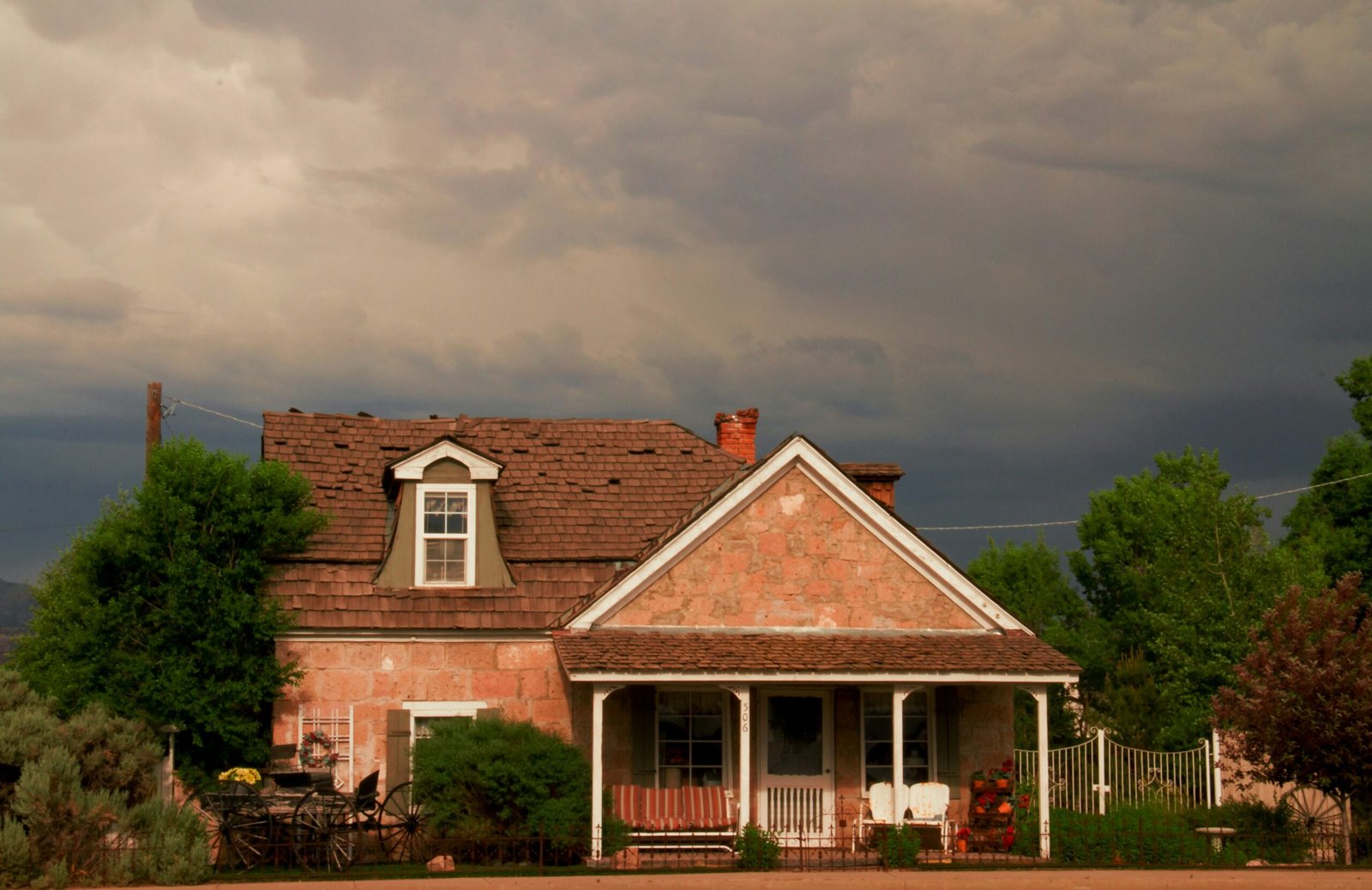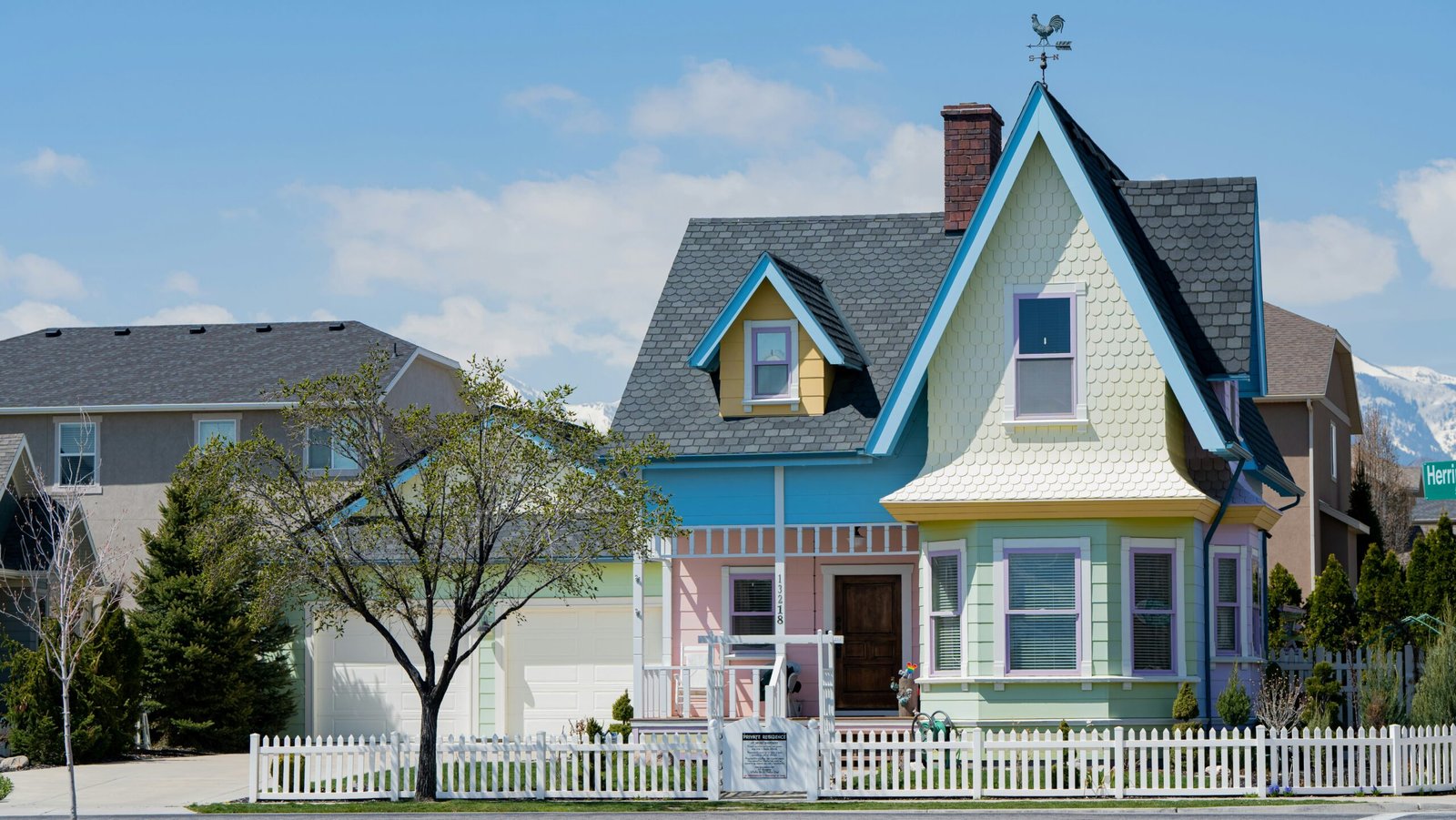
When disaster strikes—whether it’s a burst pipe, wind damage, or a house fire—you expect your homeowner's insurance policy to have your back. However, not all claims result in payouts. In fact, many policyholders are shocked to learn their claims have been denied. Understanding the common reasons behind claims denial can help you avoid costly mistakes and protect your investment more effectively.
Let’s explore the top causes of denied claims and what you can do to prevent them.
1. Lack of Coverage for the Specific Damage
One of the most frequent causes of home insurance claim rejection is that the damage isn’t covered under your policy. Standard policies typically cover things like fire, theft, and certain types of water damage—but may exclude flooding, earthquakes, or gradual wear and tear.
How to Avoid It:
Review your policy carefully and make sure it matches the risks specific to your location. If you live in a flood-prone area, consider purchasing separate flood coverage. Always ask questions when in doubt.
🛡️ Learn more about homeowner insurance policies and how to tailor them to your needs.
2. Delayed Filing of the Claim
Insurance companies often have strict deadlines for filing claims. If you wait too long after an incident occurs, your request may be denied due to untimely reporting.
How to Avoid It:
Report damage immediately after it occurs. Take photos and document everything. Notify your insurance provider as soon as it's safe to do so—even if you don’t have all the information yet.
3. Inadequate Documentation
Lack of sufficient evidence can quickly lead to claims denial. Adjusters need proof to evaluate the extent of damage and confirm that it falls under your policy’s coverage.
How to Avoid It:
Keep a home inventory with photos and receipts. After damage occurs, document the scene thoroughly and save any repair or inspection reports.
4. Misrepresentation or Inaccurate Information
If you provided incorrect information when purchasing your policy or while filing a claim, your insurance company may view it as fraud—even if it was an honest mistake.
How to Avoid It:
Always be honest and transparent when applying for or updating your insurance. Double-check the information you provide on claims forms to ensure accuracy.
5. Poor Maintenance or Negligence
Damage resulting from neglect, like mold from long-term leaks or structural issues from ignored repairs, can lead to claim rejection. Insurers expect homeowners to maintain their property reasonably.
How to Avoid It:
Conduct regular inspections and upkeep of your home. Fix leaks, replace worn roofing, and make repairs promptly. Being proactive reduces your risk and strengthens your case during a claim.
6. Liability Claims Without Proper Coverage
If a guest is injured on your property and you lack the right liability protection, you could face claims denial—and be held personally responsible for medical or legal expenses.
How to Avoid It:
Consider adding or increasing your liability coverage. You may also explore general liability insurance for broader protection, especially if you run a home-based business or rent out part of your property.
7. Policy Lapses or Missed Premium Payments
If your policy has lapsed due to missed payments, you may find yourself without coverage when you need it most.
How to Avoid It:
Set reminders or enable automatic payments to ensure your policy remains active. Even a short lapse can result in denied claims during that window.
8. Using the Wrong Type of Insurance
Homeowner’s insurance is not a one-size-fits-all solution. If you’re using a residential policy for business activities or rental properties, your claims could be rejected.
How to Avoid It:
Make sure your insurance matches the use of your property. Explore additional coverage options through services like general liability insurance or specialized policies for short-term rentals or home-based businesses.
For tailored coverage, explore different policy options at this service page to find the right fit for your situation.
Final Thoughts
Understanding why claims denial happens helps you stay one step ahead. By being proactive, honest, and well-informed, you reduce your chances of facing a denied claim when it matters most.
Your home is one of your most valuable assets—don’t let a technicality or oversight get in the way of protecting it. Review your policy regularly, stay on top of maintenance, and make sure you have the right type of homeowner insurance in place.
Need Help Navigating Your Policy?
Reach out to a trusted insurance advisor to get clarity on your current coverage and explore ways to enhance your protection.


























